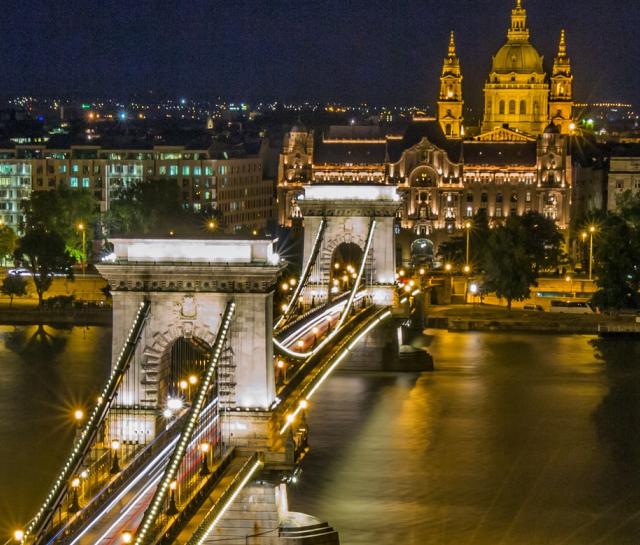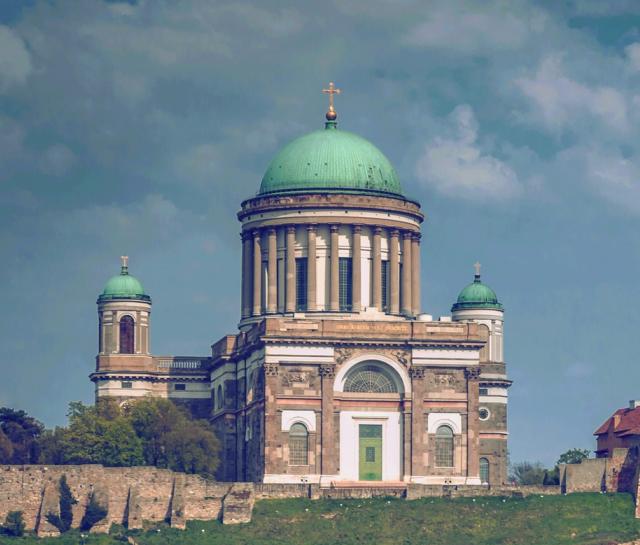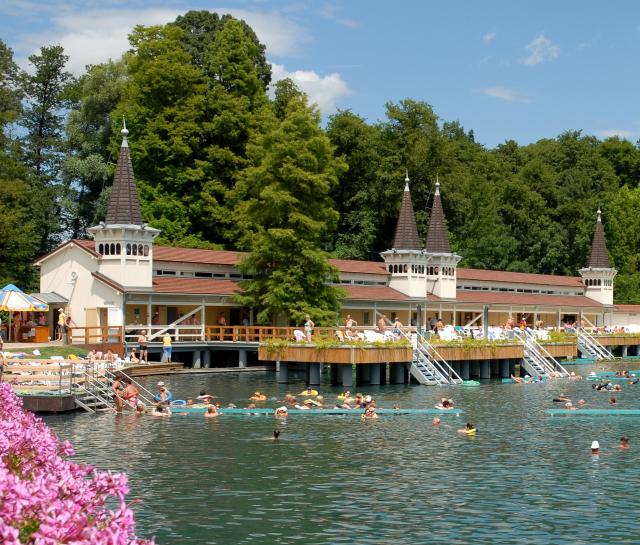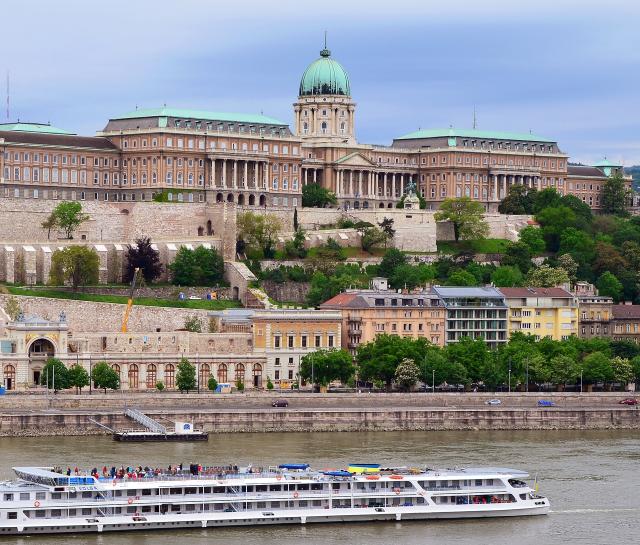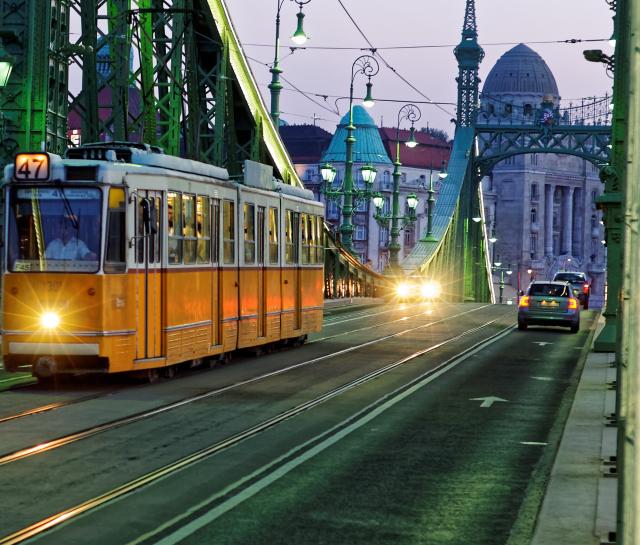General information for entering Hungary
According to the European visa policy national identity card is needed for entry into Hungary for citizens of Austria, Belgium, Croatia, Cyprus, Czech Republic, Estonia, Finland, France, Germany, Greece, Holland, Italy, Liechtenstein, Lithuania, Luxemburg, Malta, Poland, Portugal, Spain, Switzerland, Slovakia and Slovenia.
Passport is required for entering Hungary for citizens from Denmark, United Kingdom, Ireland, Iceland, Latvia, Norway and Sweden.
Citizens of the following European countries are required to have visa to enter Hungary: Albania, Byelorussia, Macedonia, Moldavia, Russia, Serbia, Montenegro, Turkey, Ukraine.
Telephone
Country Code for Hungary: 36
City Code for Budapest: 1
Domestic long-distance call prefix: 06
International calling prefix: 00 (wait for the dial tone, dial the country code and city code (they are listed in the phonebook), and then dial the required number)
Useful Phone Numbers
Telephone wakening service: 193
Domestic telegram service: 192
Directory inquiries: 198
International directory inquiries: 199
T-Com Inquiry Plus: 197
Special inquiry: 267-6767
Inquiry about issues (yellow line): 397-9797
Domestic announcement: 191 (when phoning parties that can't be called directly, it allows users to call them through a telephone exchange)
International announcement: 190 (to make an international call through a post office)
Telephone numbers in Budapest consist of 7 numbers; phone numbers elsewhere in Hungary consist of 8 numbers, one-digit area code first. Additional services: Hungary Direct, Country Direct, Green number and Blue number. Public Phones
The public phones work with 10, 20, 50 and 100 HUF coins or with phone-cards available at hotels, post offices, petrol stations, newsagents, kiosks and street vendors.
The minimum charge for a call is 20 HUF.
Emergency Calls:
International emergency call centre: 112
Ambulance: 104
Fire Department: 105
Police: 107
The above phone numbers can be called free of charge.
Public safety
Just as anywhere around the world, tourists travelling in Hungary should follow certain basic rules: carry travel documents and valuables in a secure bag around your neck or belt pouch worn under your clothing and never leave any valuables in a parked car. Do not wear expensive jewellery in public and avoid the poorly lit, deserted parts of the city!
Carry only the minimum necessary amount of today most commercial units accept credit cards. When short of cash, use card operated ATM machines. (If you lose your credit card, immediately notify the issuing bank!)
Exchange your currency only at official exchange bureaus, travel agencies, official exchange offices or ATM machines - never change with street hawkers!
When travelling in a taxi, use officially registered taxi companies and, before starting out, make sure that the taxi is equipped with the driver's photo ID, and that the rate chart is displayed and the meter is on. At the end of the trip you must receive a receipt; if the driver fails to provide it, always ask for one!
Only uniformed police and immigration officers with proper identification are entitled to check your identity or to ask for your ID. In places of entertainment always ask for a menu with a price list before making an order! In Hungary, a service charge is not customarily part of the bill. It can only be added to the bill if it is explicitly stated on the menu. The business is required to issue a receipt for all costs and services printed by a cash register; the waiter's hand-written bill is not accepted as proof of purchase. Especially male visitors should beware of women with often excellent language skills, who have themselves invited to entertainment spots and run up bills at visitor's expense.
Holidays
January 1: New Year
Mach 15: National holiday
Religious holidays:
Easter Monday, Pentecost Monday
May 1: Labour Day
August 20: Constitution Day, St. Stephen's day
October 23: Proclamation of the Republic
November 1: All saints day
December 25-26: Christmas
General information for entering Hungary
According to the European visa policy national identity card is needed for entry into Hungary for citizens of Austria, Belgium, Croatia, Cyprus, Czech Republic, Estonia, Finland, France, Germany, Greece, Holland, Italy, Liechtenstein, Lithuania, Luxemburg, Malta, Poland, Portugal, Spain, Switzerland, Slovakia and Slovenia.
Passport is required for entering Hungary for citizens from Denmark, United Kingdom, Ireland, Iceland, Latvia, Norway and Sweden.
Citizens of the following European countries are required to have visa to enter Hungary: Albania, Byelorussia, Macedonia, Moldavia, Russia, Serbia, Montenegro, Turkey, Ukraine.
Telephone
Country Code for Hungary: 36
City Code for Budapest: 1
Domestic long-distance call prefix: 06
International calling prefix: 00 (wait for the dial tone, dial the country code and city code (they are listed in the phonebook), and then dial the required number)
Useful Phone Numbers
Telephone wakening service: 193
Domestic telegram service: 192
Directory inquiries: 198
International directory inquiries: 199
T-Com Inquiry Plus: 197
Special inquiry: 267-6767
Inquiry about issues (yellow line): 397-9797
Domestic announcement: 191 (when phoning parties that can't be called directly, it allows users to call them through a telephone exchange)
International announcement: 190 (to make an international call through a post office)
Telephone numbers in Budapest consist of 7 numbers; phone numbers elsewhere in Hungary consist of 8 numbers, one-digit area code first. Additional services: Hungary Direct, Country Direct, Green number and Blue number. Public Phones
The public phones work with 10, 20, 50 and 100 HUF coins or with phone-cards available at hotels, post offices, petrol stations, newsagents, kiosks and street vendors.
The minimum charge for a call is 20 HUF.
Emergency Calls:
International emergency call centre: 112
Ambulance: 104
Fire Department: 105
Police: 107
The above phone numbers can be called free of charge.
Public safety
Just as anywhere around the world, tourists travelling in Hungary should follow certain basic rules: carry travel documents and valuables in a secure bag around your neck or belt pouch worn under your clothing and never leave any valuables in a parked car. Do not wear expensive jewellery in public and avoid the poorly lit, deserted parts of the city!
Carry only the minimum necessary amount of today most commercial units accept credit cards. When short of cash, use card operated ATM machines. (If you lose your credit card, immediately notify the issuing bank!)
Exchange your currency only at official exchange bureaus, travel agencies, official exchange offices or ATM machines - never change with street hawkers!
When travelling in a taxi, use officially registered taxi companies and, before starting out, make sure that the taxi is equipped with the driver's photo ID, and that the rate chart is displayed and the meter is on. At the end of the trip you must receive a receipt; if the driver fails to provide it, always ask for one!
Only uniformed police and immigration officers with proper identification are entitled to check your identity or to ask for your ID. In places of entertainment always ask for a menu with a price list before making an order! In Hungary, a service charge is not customarily part of the bill. It can only be added to the bill if it is explicitly stated on the menu. The business is required to issue a receipt for all costs and services printed by a cash register; the waiter's hand-written bill is not accepted as proof of purchase. Especially male visitors should beware of women with often excellent language skills, who have themselves invited to entertainment spots and run up bills at visitor's expense.
Holidays
January 1: New Year
Mach 15: National holiday
Religious holidays:
Easter Monday, Pentecost Monday
May 1: Labour Day
August 20: Constitution Day, St. Stephen's day
October 23: Proclamation of the Republic
November 1: All saints day
December 25-26: Christmas








